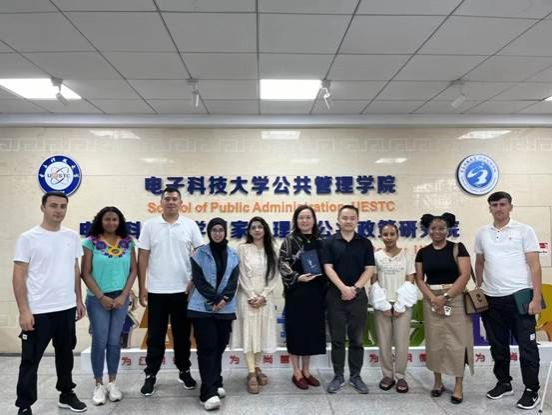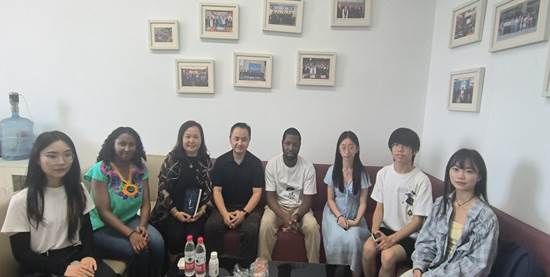On June 12, the Academic Workshop, part of the Excellence Scholarship International Students National Education Series organized by the School of Public Administration (SPA) at the University of Electronic Science and Technology of China (UESTC), was successfully held. The workshop was hosted by the Graduate Student Association of SPA and the Center for West Asian Studies (CWAS) . Professor Zheng Yu from the School of International Relations and Public Affairs at Fudan University was invited as the keynote speaker to share his insights on "How to Develop Research Problems in Social Science." The workshop aimed to cultivate international talents who are knowledgeable about and friendly towards China and was conducted in the form of an academic lecture. It was hosted by Professor Zhao Shurong, a distinguished professor at SPA and director of CWAS, and was attended by all the School's outstanding scholarship international students.
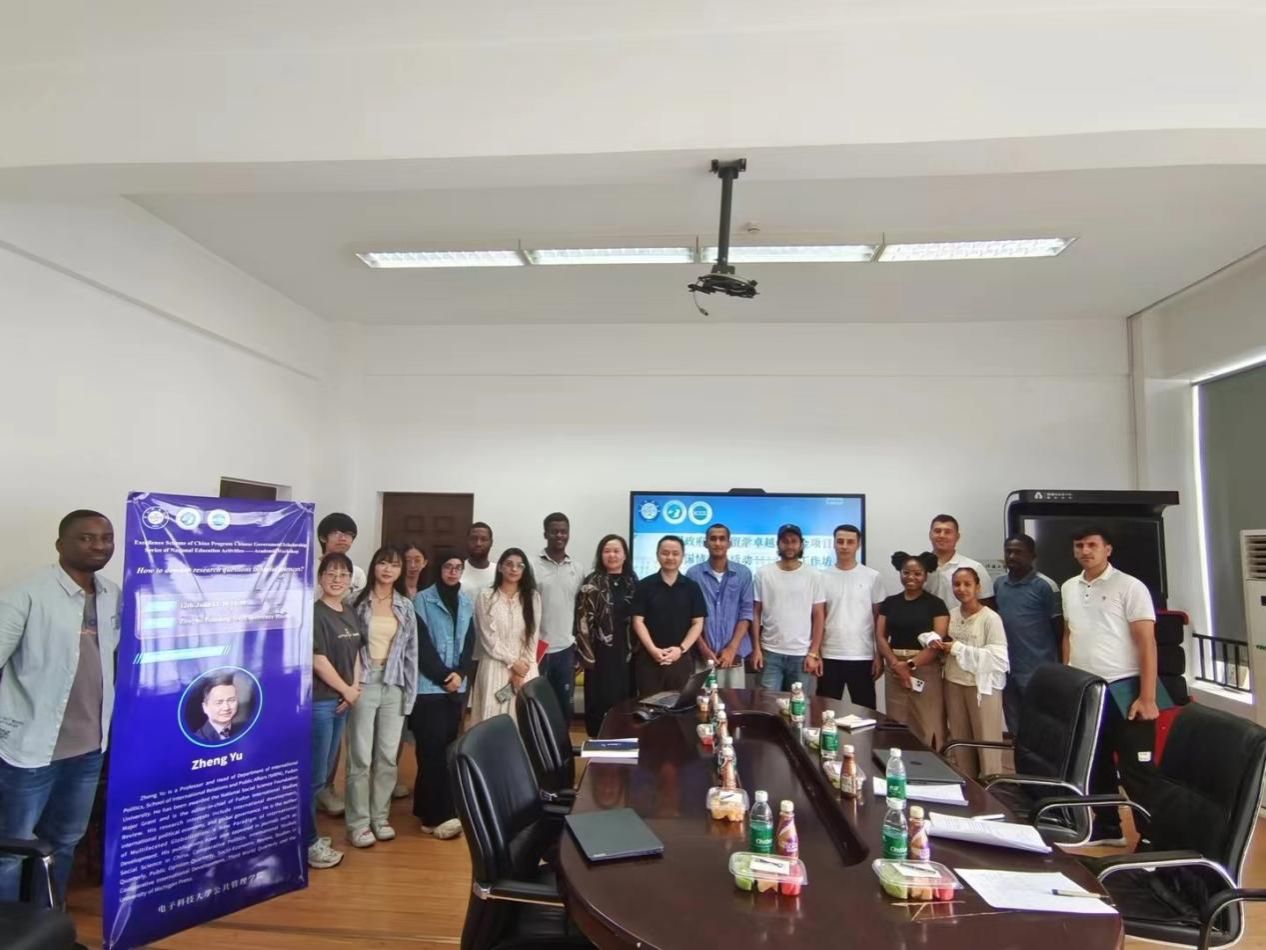
At the beginning of the lecture, Professor Zhao Shurong warmly welcomed and introduced Professor Zheng Yu. Professor Zheng is the director of the Department of International Politics at Fudan University, the chief expert on major projects for the National Social Science Foundation, the "Oriental Scholars" , Distinguished Professor of Shanghai, and the editor-in-chief of the Fudan Review of International Relations. His main research fields include international development, international political economy, and global governance.
Professor Zheng expressed his joy at visiting UESTC and his pleasure in meeting the students. He shared his insights on how to identify research questions in social science papers, outlining the basic format of research papers, including research questions, literature reviews, and research design. He provided detailed explanations for each section and emphasized that a good research question should be concise yet detailed enough for readers to understand its purpose without additional explanation. Such questions should be complex and debatable, requiring thorough analysis and synthesis of background information, rather than being answerable with a simple "yes" or "no."
Professor Zheng emphasized that the literature review, an essential component of research papers, should demonstrate how other scholars have addressed the question or similar ones. This proves that the question has not been previously raised or successfully answered and indicates how one's own research will contribute to the field's advancement. In the main body of the research paper, researchers need to compare their propositions with other theories identified in the literature review. During the research design stage, researchers must operationalize concepts, select cases, and determine the types of evidence to collect. This ensures the effectiveness, reliability, and replicability of conceptual operationalization, and the selection of cases that best reflect changes in independent or dependent variables.
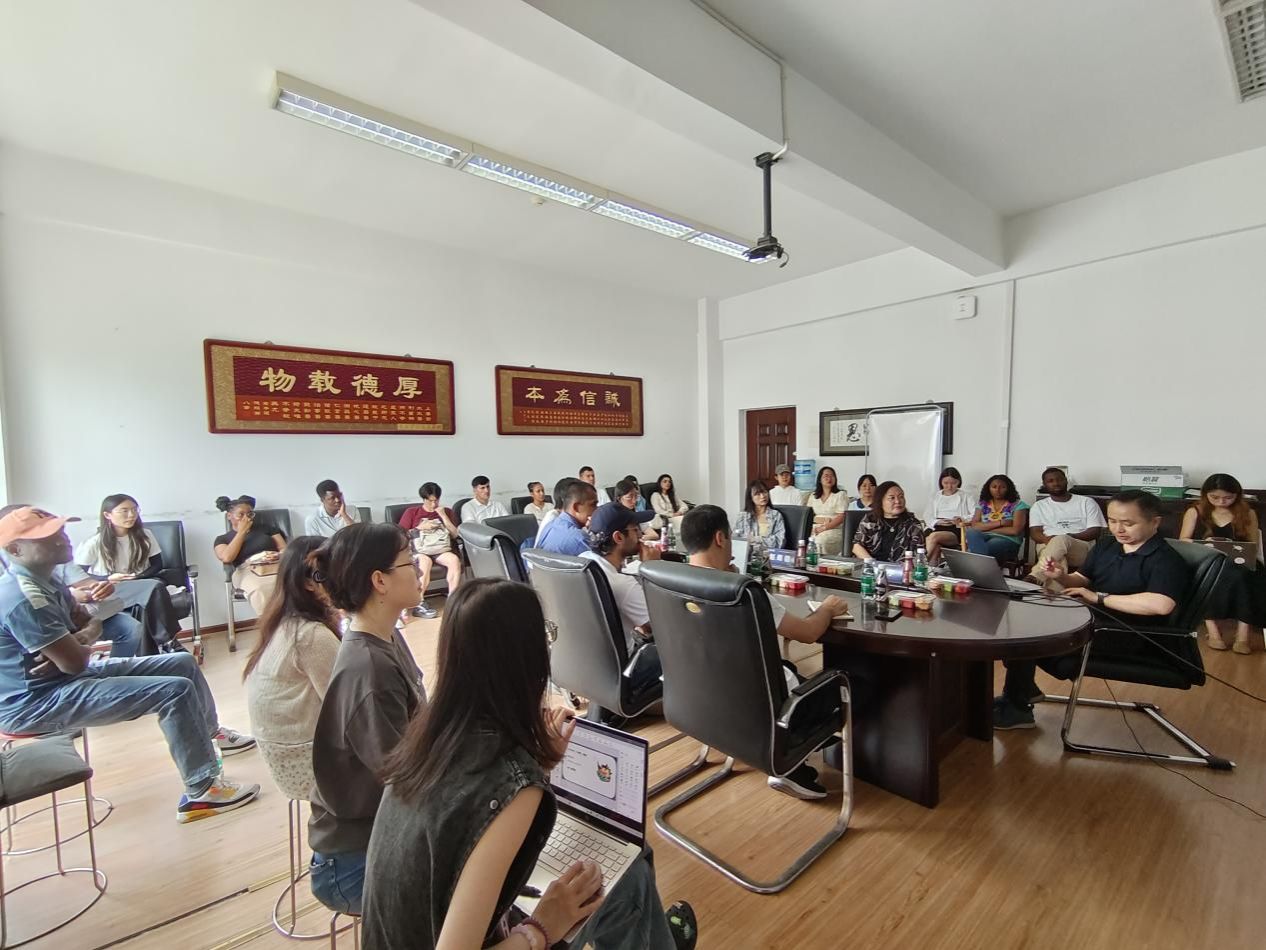
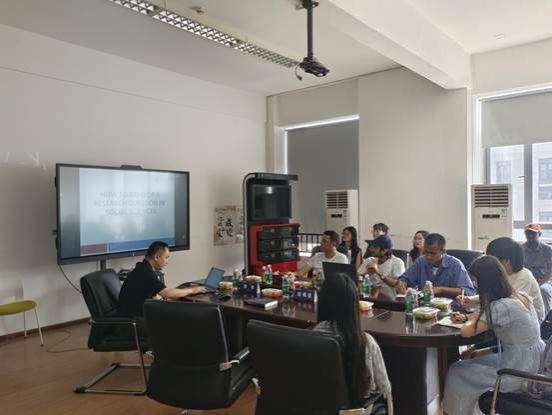
The workshop fostered lively discussions between Professor Zheng and the students. They explored topics such as distinguishing "true" and "false" questions in social science research and the role of data in social sciences. Professor Zheng provided detailed answers to the students questions, and they expressed great satisfaction with the insights they gained. SPA is dedicated to organizing workshops like this to continually enhance the academic experience of its students.
